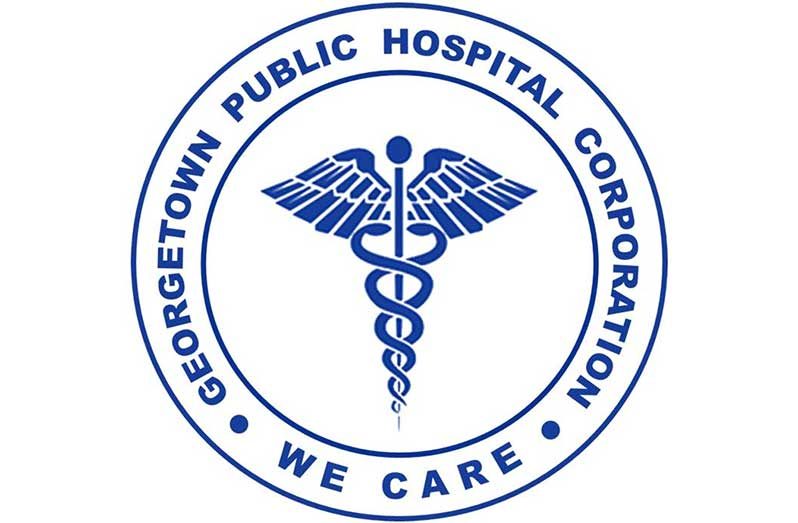AS Uterine Fibroids Awareness Month draws to a close, the Georgetown Public Hospital Corporation (GPHC) is urging women to educate themselves about the risks, symptoms, and treatment options for a condition that affects a significant percentage of women during their reproductive years.
In an informative video clip released this week, Dr. Rafi Rozan, Head of the Obstetrics and Gynecology Department at GPHC, explained that uterine fibroids are non-cancerous tumoral growths that develop in or around the uterus. These growths can range dramatically in size — from as small as a grain of rice to as large as a watermelon — and may go unnoticed for years.
While the exact cause of uterine fibroids remains unknown, Dr. Rozan noted that certain factors can increase a woman’s risk. These include non-modifiable factors like genetics — women with a mother, sister, or aunt who has had fibroids are at greater risk — as well as age. According to Dr. Rozan, up to 80 percent of women in their reproductive years may develop fibroids. Early menarche, or the onset of menstruation before age 11, also raises the likelihood.
Race and ethnicity play a role too, with women of African descent having a higher tendency to develop fibroids. In terms of modifiable risk factors, lifestyle choices such as excessive alcohol and caffeine consumption, as well as obesity, can also increase the risk.
“Many women may not know they have fibroids because small fibroids often cause no symptoms,” Dr. Rozan said. “They are frequently discovered during routine ultrasounds. But when symptoms do occur, they can include heavy or abnormal menstrual bleeding, pelvic pain, frequent urination, urinary incontinence, bloating, or constipation caused by the fibroid pressing against the rectum.”
The GPHC is encouraging women to pay attention to warning signs such as pelvic pain that does not go away, spotting or bleeding between periods, difficulty emptying the bladder, chronic fatigue or weakness (which may indicate anemia due to heavy bleeding), and periods so heavy or painful that they disrupt daily activities.
Under this year’s theme, “Empowering Women Through Education and Community,” the hospital is emphasizing the importance of speaking openly about reproductive health and seeking medical care early.
“At GPHC, one of our goals is to provide continuous public awareness about the symptoms, causes, and risk factors associated with fibroids,” the hospital said in a statement. “We aim to empower women to discuss their reproductive health without stigma and to get timely treatment, which can range from lifestyle changes and medications to surgical options.”
Women experiencing symptoms or who have questions about uterine fibroids are encouraged to consult a healthcare provider to better understand their options for diagnosis and care.



.jpg)








